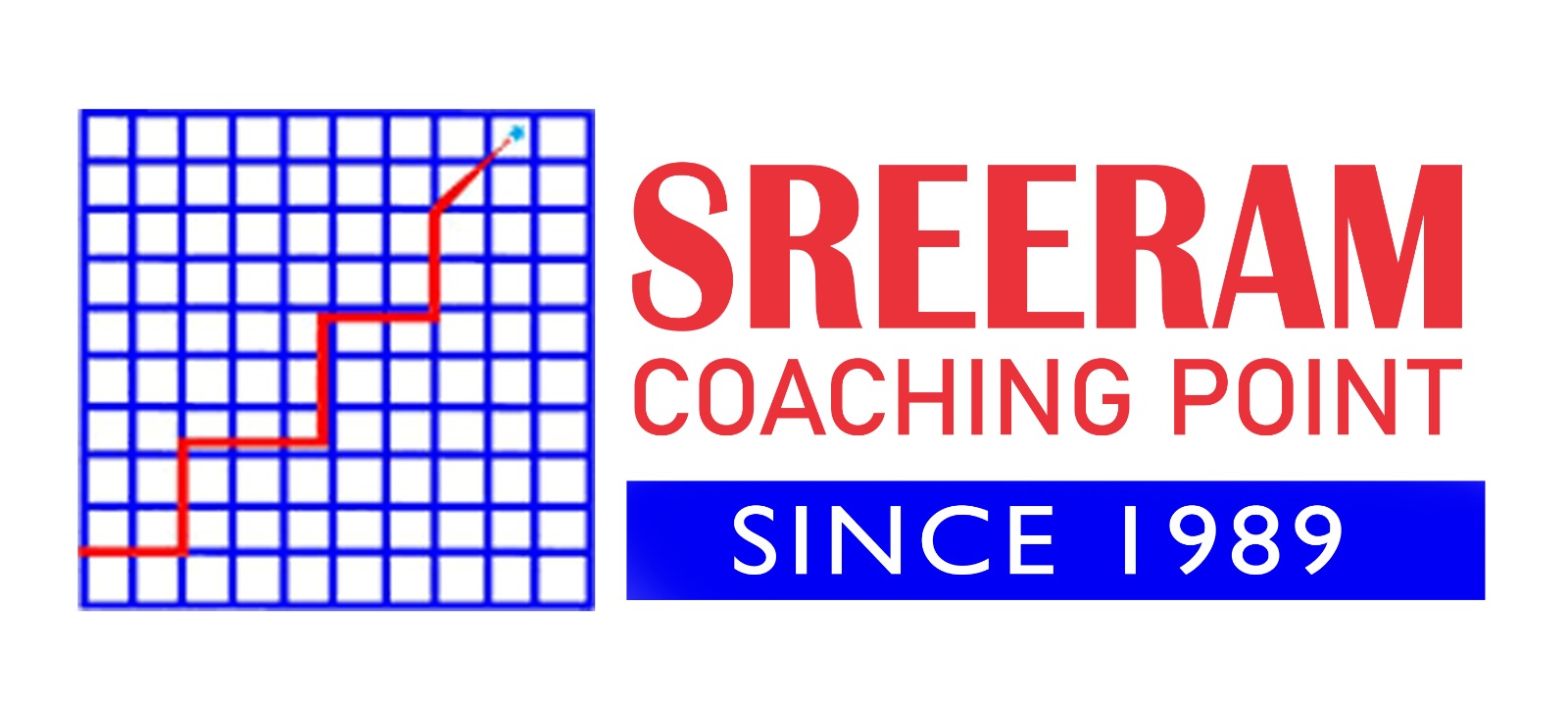
Current/Noncurrent Assets/Liabilities
Assets and liabilities are classified based on how soon they will be used or settled. Current assets include things like cash, money owed to the company (accounts receivable), and items meant to be sold soon (inventory). These are expected to be converted into cash or used up within a year or within the operating cycle. On the other hand, non-current assets are more long-term, such as buildings, machinery, or patents. These provide value over a longer period, usually more than a year, and aren’t intended for immediate use or sale.
Similarly, current liabilities are the company’s debts or obligations that need to be paid off within a year, like bills to suppliers or short-term loans. In contrast, non-current liabilities include longer-term debts, such as mortgages or bonds that the company doesn’t have to settle for more than a year. This classification helps companies keep track of what needs to be handled quickly and what can be managed over time. Such classification helps to gauge the ability to meet current liabilities with current assets and gives a clear idea about the day to day liquidity management.
By CA L.Muralidharan and CPA L.Mukundan
Visit www.sreeramcoachingpoint.com for more blogs & www.lmgcute.com
Contact: 6383228202 or 9884439769
Also download our app Gyanji for more utility and benefits
Best place of coaching for CPA, CMA USA & CA

